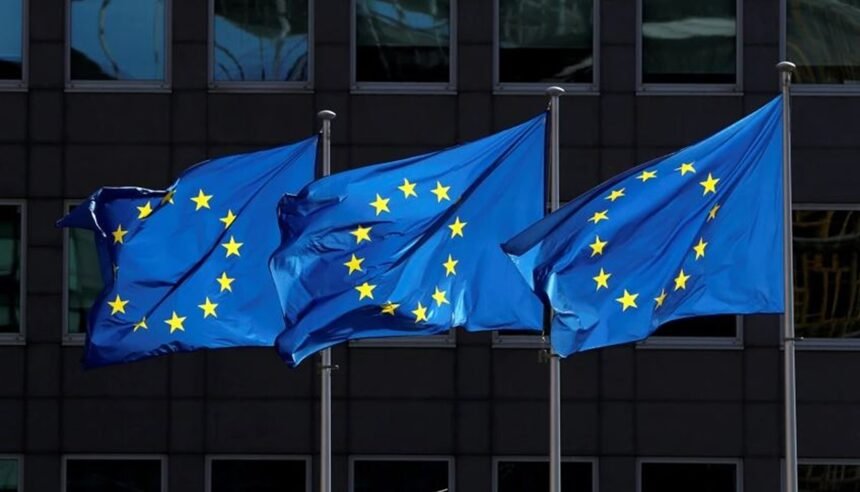Kosovo and Bosnia and Herzegovina are the only two Western Balkan countries that have not benefited from the European Union’s Growth Plan.
While Bosnia and Herzegovina has failed to adopt the required reforms—making it ineligible for financial assistance from the EU—Kosovo faces a different challenge.
The prolonged delay in forming institutions has left the country behind. Despite being among the first to approve the necessary reforms, Kosovo has not ratified the agreement in parliament.
Initially, delays occurred because Vetëvendosje did not have the 61 votes needed to elect Albulena Haxhiu as Speaker of the Assembly, and the matter was then referred to the Constitutional Court.
On 10 October, after more than six months, the Assembly of Kosovo was finally constituted, paving the way for the formation of the Government. Still, the winning party from the 9 February elections lacked the necessary numbers.
This resulted in yet another delay—first 15 days for Albin Kurti to fail in securing election as Prime Minister, then 10 days for President Vjosa Osmani to mandate Glauk Konjufca, who extended the process for another 15 days before also failing on 19 November.
All these delays may cost Kosovo the financial package worth 880 million euros.
The European Commission has previously warned that if Western Balkan countries fail to meet the required conditions, payments can be partially or completely suspended.
“In cases where Western Balkan partners do not meet the relevant conditions during a non-payment period of one year [or two years from the first year of implementation], the suspended amount will be withdrawn and may be redistributed to other beneficiaries in the following years,” the Commission stated.
Kosovo could have received the first installment of funds starting from October, provided that the agreement had been ratified before that month.
As Kosovo now risks losing these financial resources, Vetëvendosje attempted to pressure MPs to approve the agreement on 19 November, which would have secured the country its first allocation of funds.
However, the opposition parties chose not to participate in the extraordinary session called that day, sending a clear message that the country is heading towards elections and that the next government would deal with the issue.
Three days ago, Kosovo’s caretaker Prime Minister Albin Kurti took part in the EU Growth Plan Summit held in Tirana.
Acknowledging that Kosovo has fallen behind in implementation, Kurti justified the situation by citing “circumstances.”
“But we are behind not by choice, but by circumstances. Delays in forming the new government after the February elections caused obstacles; nevertheless, this was an exercise of democracy where MPs expressed their free will, procedures were respected, and disputes were resolved in court,” he said.
On the same day, EU Commissioner for Enlargement Marta Kos delivered a very clear message to Kosovo.
“We have a particularly important deadline approaching. In June, we will have the second reporting round, marking the end of the one-year waiting period for outstanding reforms, and nearly 300 million euros intended for your countries will be at risk. These are funds meant to benefit your citizens—funds that could build tram lines, roads, schools, hospitals,” she said.
The Growth Plan covers the period 2024–2027 and includes a 6-billion-euro package for the Western Balkan countries, aimed at supporting the alignment of their economies with EU standards.
To benefit from these funds, countries must complete the reforms required by the EU in the private sector, the green transition, and digitalization.







